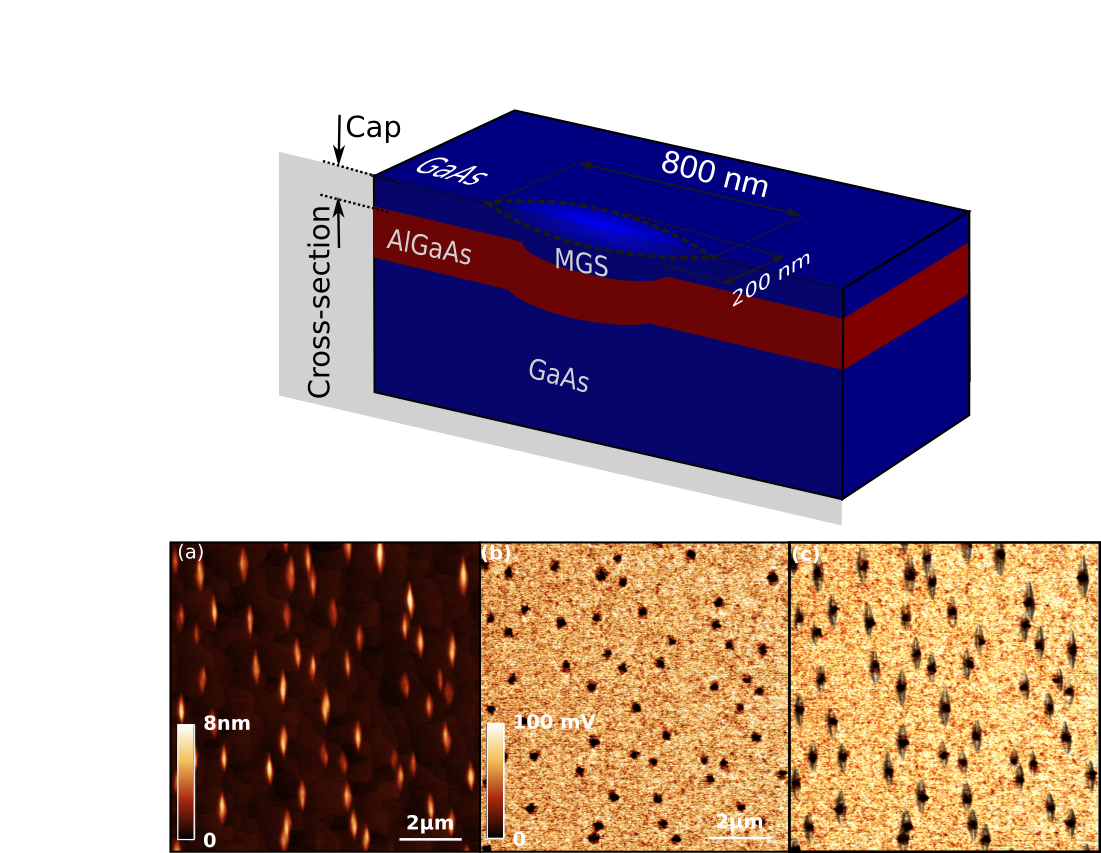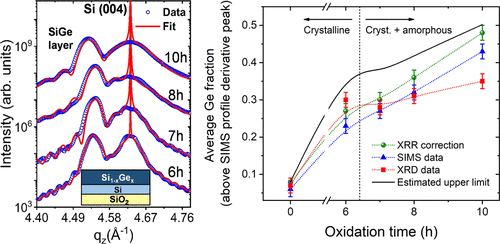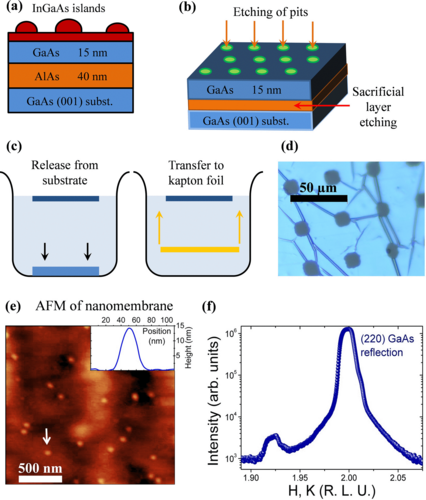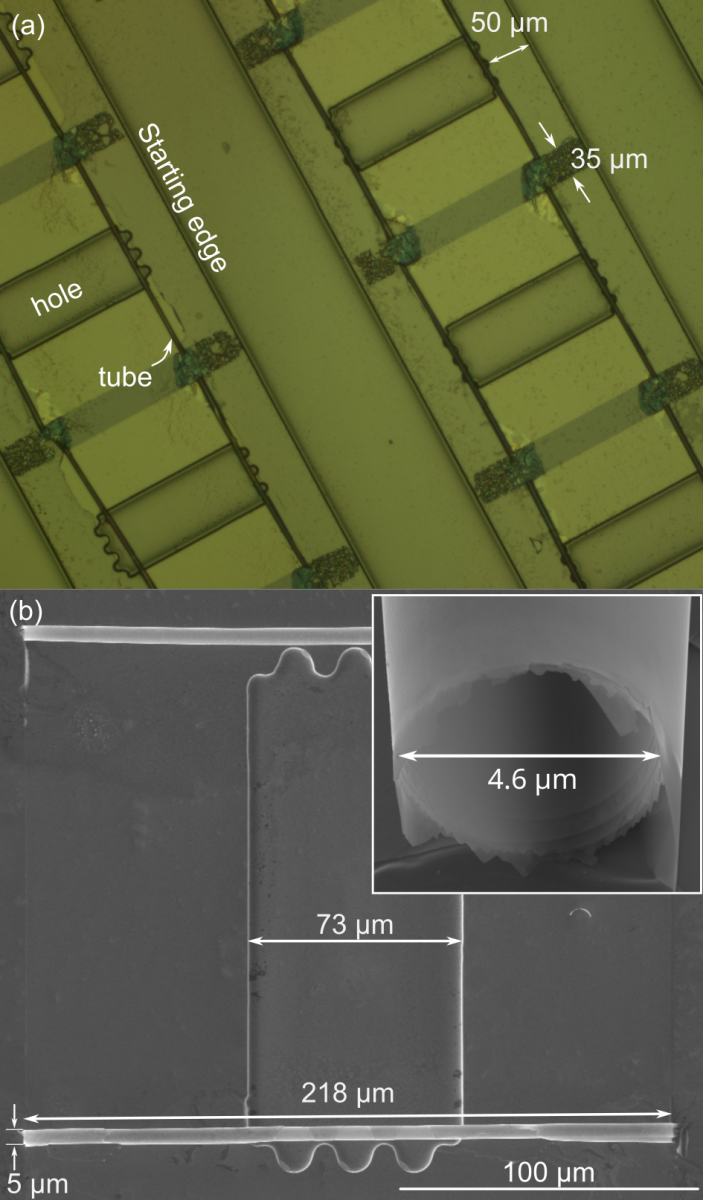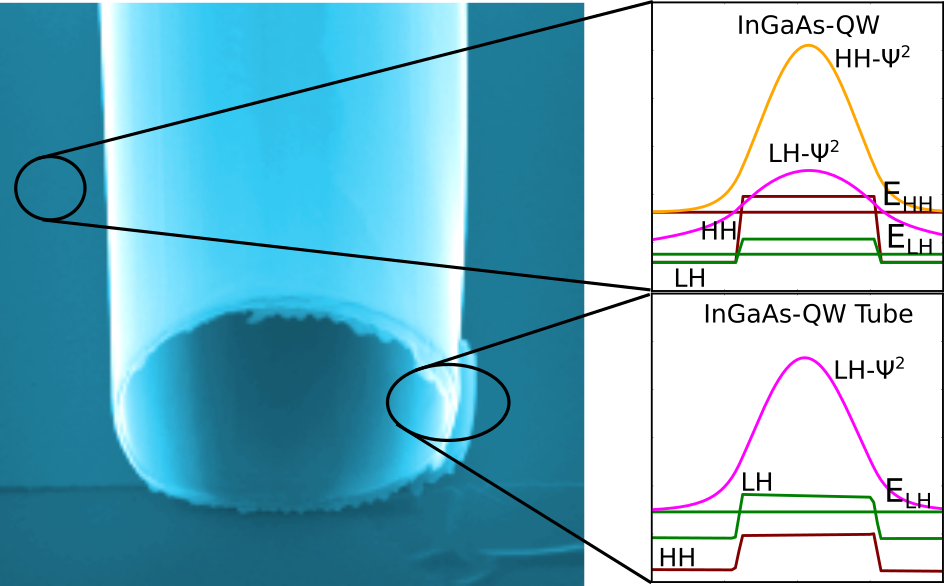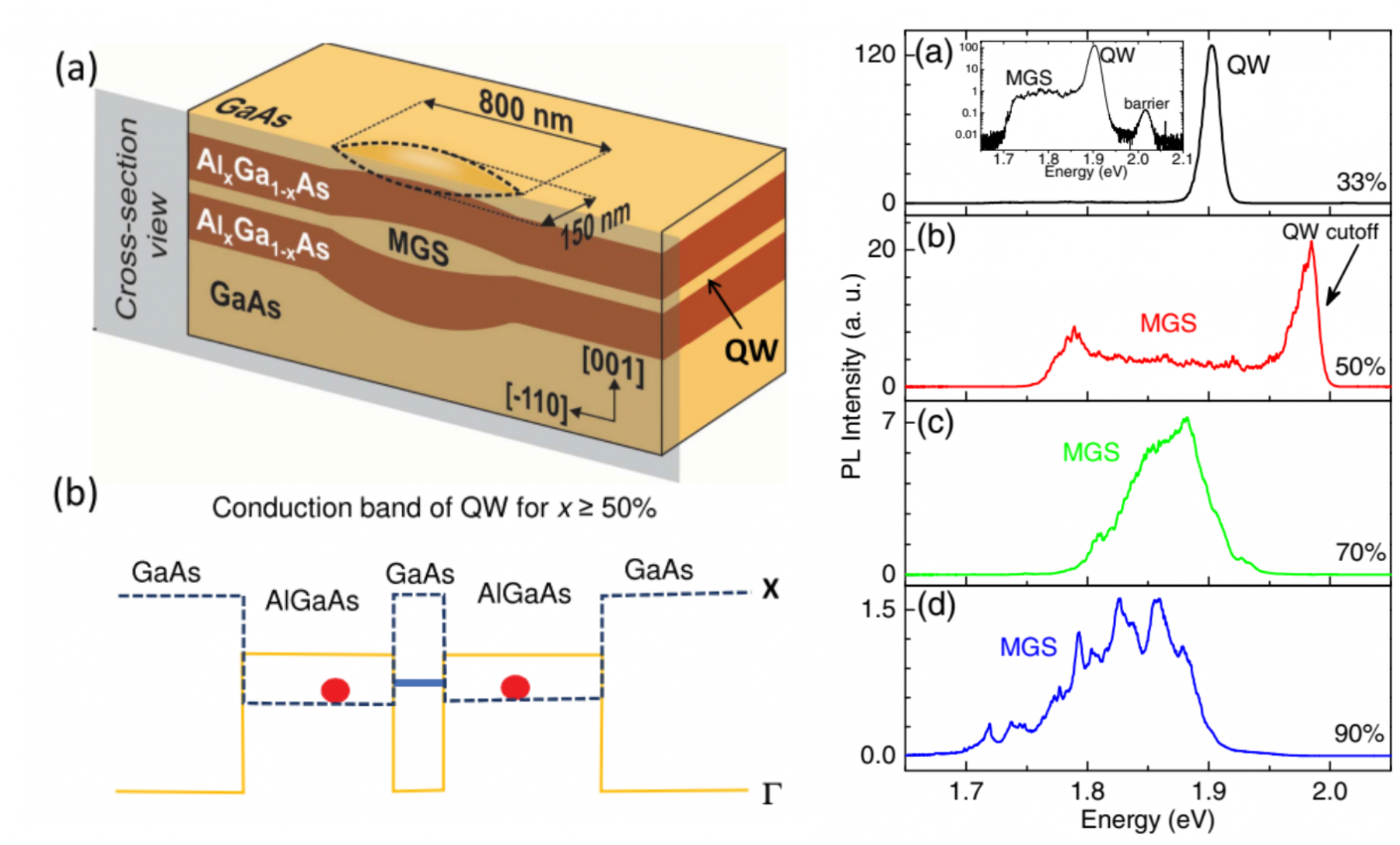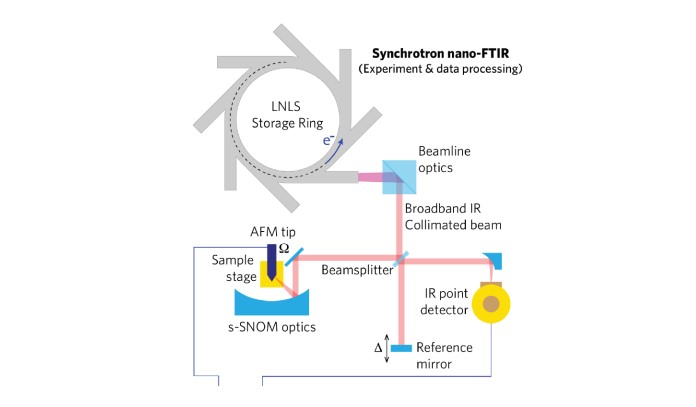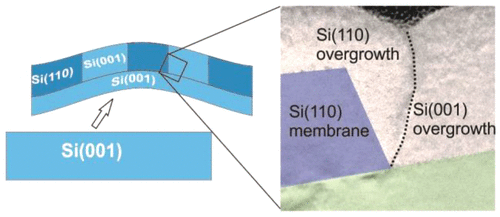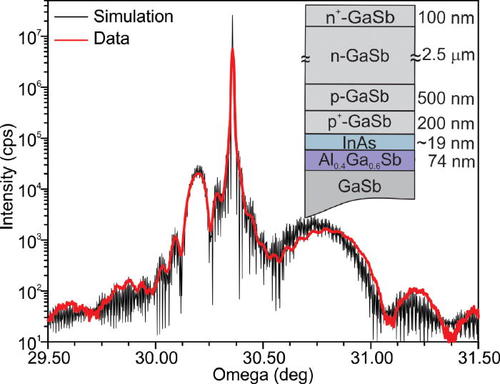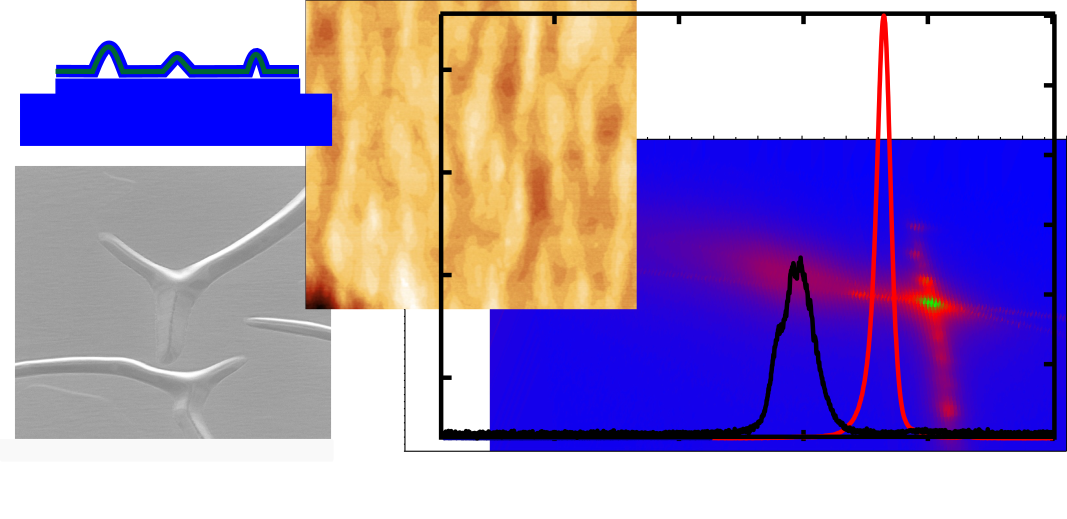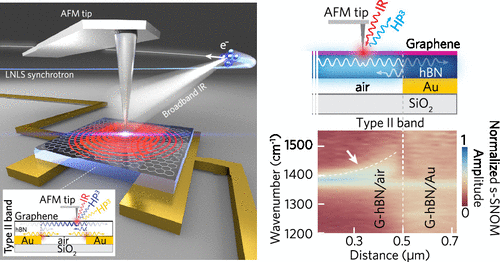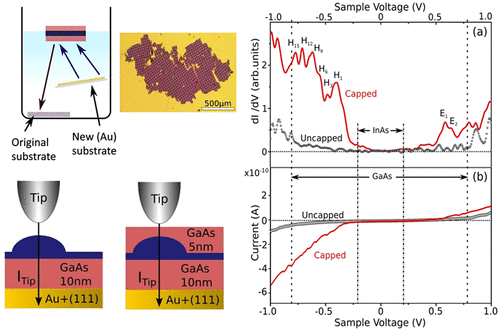I finished reading a very good philosophy book trying to figure out, what makes science in its way to acquire knowledge different from other approaches. “The Scientific Attitude: Defending Science from Denial, Fraud, and Pseudoscience” by Lee McIntyre is interesting making the point the difference is not the method, but the attitude how evidence is gathered and used to progress the knowledge of the world. He tells us that this attitude separates scientist from non-scientiest and lead to the strength of the scientific obtained understanding of the world making it special against all other knowledge.
Whereas I like the idea to separate the scientific endeavor by its attitude and values involved rather then by a scientific method, I have to admit, his science idea is to much an empirical one influenced by logical positivism, Popper and Kuhn. I personally see a strong component that acquiring of knowledge and therefor also science has its base in empirical phenomena, but also a synthesis part as pointed out by Kant. In some way, McIntyre might agree with this as he points out that science not only reports the empirical finding, but the knowledge must come with a warrant.
Also it is interesting to see, how Galileo Galilei is mentioned to be a victim of the science believe of his time. There should be mentioned: No one believed in this time that the earth is flat – the solar system just was assumed to be heliocentric; the catholic church is not really the science community – Galileo’s science colleagues of the time like Copernicus (who suggested the heliocentric defended by Galileo Galilei), Johannes Kepler and Tycho Brahe already gave up on the geocentric world idea – it were people outside the sciences that did not want to believe this.
Anyway, the book is very interesting and I enjoyed reading it. I can just recommend it for people doing science as well as people not doing science. It is an important contribution in these times, where scientific knowledge is seen as a opinion among others and forgotten that generations of scientist worked to arrive on the current point of knowledge. Therefore, the current state of scientific knowledge contains the experience of many tries (and failures) to understand the world. If the knowledge is gathered with the right, scientific attitude, it is our best chance to be the correct one.
P.S.: Peer review is not as good as hoped in the book and the important fact checking is done afterwards by the community; and scientific progress does not happened in Paradigmatic shifts, but in a hard creeping way of small continuous steps (sometimes with some impressive jumps from people at the right time and place, which would not possible, if the previous generations of scientist had not collected all the data).


